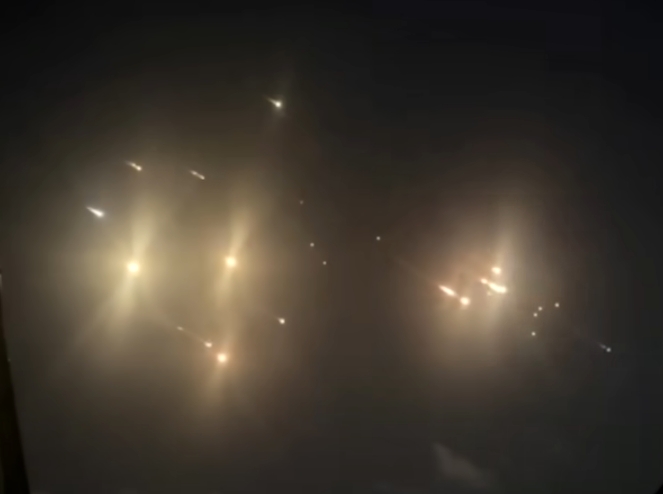Introduction: The world stands on the edge of a historical precipice. The escalating conflict between Israel, Hamas, Hezbollah, and Iran is no longer a regional concern but a global issue that threatens to spark a broader war, World War 3. As tensions in the Middle East reach unprecedented levels, we are forced to confront the very real possibility of World War III.
The Boiling Point: At the center of this crisis lies Israel’s military response to persistent attacks from Hamas and Hezbollah. The Israeli-Palestinian conflict has long been a flashpoint, but recent developments have escalated tensions to a critical juncture. After Hamas launched bombings against Israel, quickly countered by Israeli and U.S. defense systems, Israel’s retaliatory strikes were harsh and devastating, killing thousands in Gaza, many of whom were innocent civilians.
But the situation took a more dangerous turn with the involvement of Hezbollah. Israel’s assassination of a senior Hezbollah leader with deep ties to Iran crossed a line, pulling Hezbollah fully into the conflict. Iran’s response was swift and alarming—over 200 ballistic missiles were launched at Israel, marking a new and more dangerous phase in this war.
Israel’s Dilemma: Israel, now caught between its own survival and the broader regional balance of power, faces a monumental decision. Prime Minister Benjamin Netanyahu cannot afford to respond unilaterally. Israel’s next move must be calculated and coordinated with its allies—chiefly the United States. The stakes are high: retaliation could draw not only Hezbollah but also Iran into a direct confrontation, leading to a full-scale war with far-reaching consequences.
Unlike Hamas, which has been countered by Israeli airstrikes and U.S. support, Hezbollah is backed by Iran, a major regional power with sophisticated ballistic weapons and a strong alliance with global powers such as China, Russia, and other BRICS nations. An attack on Hezbollah is an attack on Iran, and such a move risks triggering a chain reaction that could spiral into a global conflict.
The International Implications: If Israel retaliates against Iran and Hezbollah, the situation may escalate beyond the Middle East. Iran is no isolated actor. It enjoys strategic alliances with China and Russia, who have vested interests in weakening Western influence in the region. The conflict would give China the distraction it needs to make its long-anticipated move on Taiwan, while Russia could use the chaos to strengthen its resolve in Ukraine.
A conflict involving Israel and Iran could quickly expand, drawing in NATO countries, particularly the U.S. and Western European powers, which have a vested interest in defending Israel. Conversely, Russia and China, bolstered by their BRICS allies, might offer military and logistical support to Iran, stretching the conflict across multiple regions. We could see Russian intelligence and Chinese ballistic technology aiding Iran, while Israel and the U.S. scramble to respond.
Global Alignment: The alliances forming on both sides are clear. On one hand, Israel, the United States, Western Europe, and Japan; on the other, Iran, Hezbollah, Russia, China, and potentially North Korea, along with BRICS and African allies. Iran’s support network in the Middle East, which extends across Syria, Iraq, and even parts of Africa, could embolden its resistance. Meanwhile, Russia has reportedly positioned naval forces near Cuba, and China has amassed troops along the Taiwanese border, preparing for a geopolitical shift that could reshape the global order.
Preventing World War III: Given the complexities, Israel must be cautious before launching a full-scale retaliatory strike. Any move that directly targets Iran would trigger an immediate and powerful response from Hezbollah, leading to further escalation. The U.S. and Israel’s Western allies must act swiftly to bring Netanyahu to the table for urgent discussions. This is no longer a matter of regional defense—it’s a question of global security. A unified diplomatic strategy must be developed to avert an all-out war that would engulf the Middle East and potentially extend to Europe and Asia.
Conclusion: As the world watches with bated breath, the Middle East stands as the crucible in which the next global conflict may be forged. The decisions made in the coming days and weeks will shape the future of international relations, and perhaps even determine whether we will see a third World War. Israel’s next move is crucial, and it’s in the best interest of every global leader to ensure that the response is carefully measured, co-ordinated, and avoids plunging the world into chaos.
Submitted by Renaldo McKenzie,

Author of Neoliberalism, Globalization, Income Inequality, Poverty and Resistance


